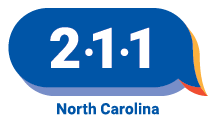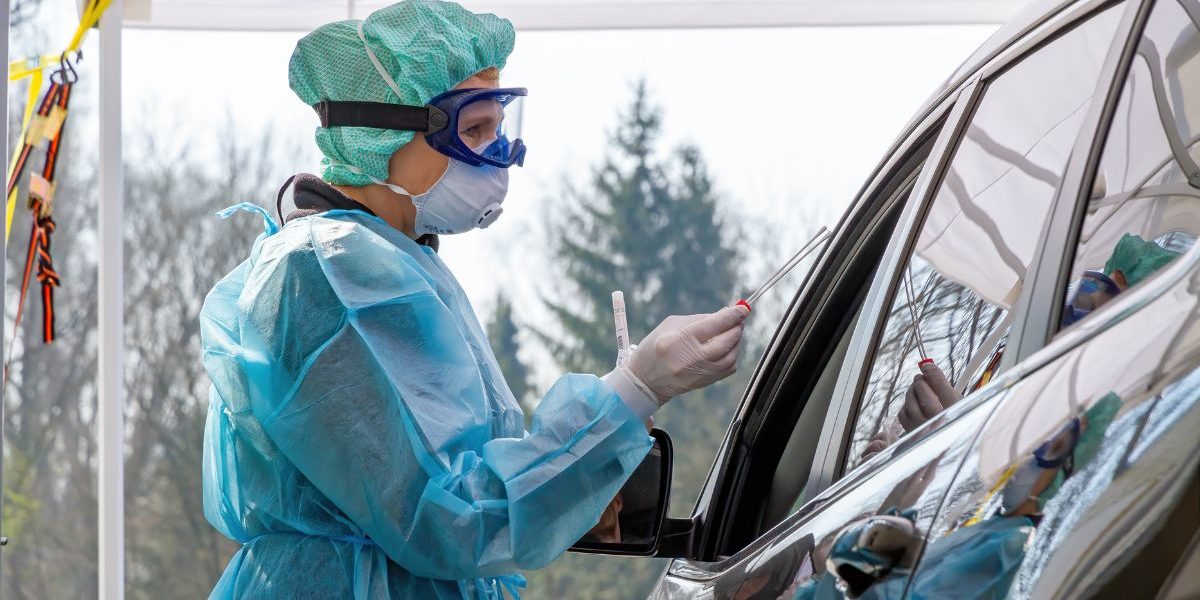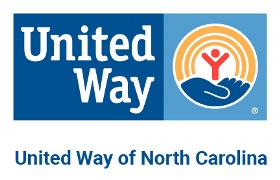How does the virus spread?
COVID-19 spreads mainly from person to person. When in close contact (within 6 feet), respiratory droplets produced through coughing, sneezing, or speech can land in the mouth or nose of people who are nearby.
How can I prevent COVID-19?
The best way to prevent COVID-19 is by getting the vaccine. COVID-19 vaccines are now available at no-cost to everyone 6 months and older and are extremely effective at preventing illness. CLICK HERE to learn more about the COVID-19 vaccine.
Other precautions you can take:
- Monitor your health by watching for symptoms and taking your temperature
- Wear a mask
- Stay 6 feet away from others
- Wash your hands frequently and use hand sanitizer when you’re not able to wash hands
- Clean and disinfect frequently touched surfaces daily
- Avoid crowds and poorly ventilated places
- Avoid touching your eyes, nose, and mouth with unwashed hands
- Cover your mouth and nose with a tissue when sneezing or coughing
When should I get tested for COVID-19?
You should get tested for COVID-19 if:
- You have symptoms of COVID-19.
- You have come into close contact with someone with COVID-19 (get tested at least five days after).
- You were asked or referred to get testing by your school, workplace, health care provider, or state, tribal, local or territorial health department.
What should I do if my test is negative?
- If you were tested because you had COVID-19 symptoms, you should stay home until you have no fever without the use of fever-reducing medicines and have felt well for at least 24 hours.
- If you are boosted or recently vaccinated, you do not need to stay at home because of exposure to COVID-19, but you should wear a mask for 10 days.
- If you are unvaccinated or have gone more than 5 months without a vaccine (or 2 months for the J&J shot), you should stay at home for at least 5 days and then wear a mask around others for 5 additional days.
What should I do if my test is positive?
If you test positive, stay home for at least 5 days and stay away from others in your home. You are most infectious during these first 5 days. After 5 days, follow the CDC’s isolation guidelines. Seek medical care immediately if you have trouble breathing or experience other warning signs.
COVID-19 treatments are available and can lower your risk of hospitalization or death. CLICK HERE to learn more.
Where can I get tested?
There are several ways you can receive a COVID-19 test:
- Visit a no-cost community testing events
- Find a nearby test site
- Purchase an at-home test at your local pharmacy
- Get a no-cost COVID-19 test home collection kit
- Call a healthcare provider
Click here to find a local testing site
As part of a US Postal Service program, some people in Western NC (zip codes that begin with 287, 288, and 289) can order free test kits online at ineedacovid19test.com. Tests will be available until January 15, 2023.
Can I receive a free COVID-19 test if I don’t have health insurance?
If you don’t have health insurance:
- Attend a community testing event that is specifically no-cost.
- Receive free testing through the Medicaid COVID-19 Testing (MCV) Program if you qualify.
- Call your nearest Federally Qualified Health Center (FQHC). If you cannot be seen at an FQHC, call your local health department.
- Receive testing at CVS locations, or select Walgreens and Walmart stores, at no cost if you qualify.
- Receive at-home testing kits at no cost.
Need more information?
For more frequently asked questions, visit NCDHHS. If you didn’t find what you need on this page or need more information on local resources, dial 2-1-1 or 888-892-1162. Our call specialists are available 24 hours a day, 7 days a week.
SOURCES: CDC and NCDHHS
Last Updated 6/1/2023


